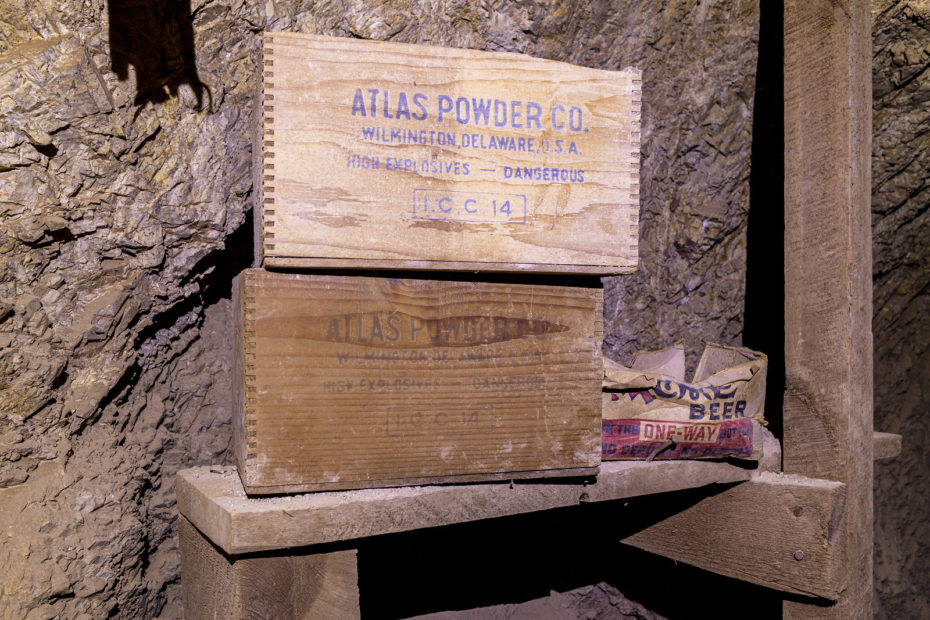The old saying, “stole everything that wasn’t nailed down” didn’t apply to the bootleggers. When bootleg started big, man they robbed everything, nailed down or not. Leaders–whether union, bootleg, church, or community—made moral statements and tried to lead everyone towards respectable means of survival, but plenty of people had no scruples about getting their hands dirty.
Bootleg miners or their accomplices ripped up trolley tracks to replace their 2×4 wood runners. They broke into collieries and stripped electrical work, took rails, buggies, pumps, and even the timbers. They looted both abandoned and operating workings, though all but the most nefarious thieves shied away from anything that endangered fellow miners & their employment. Lest you think it was all good-natured robin-hood work, bootleggers also stole township road-grading machinery, sewer grates, water pipes, guard rails, copper and steel wire, even farmers’ burlap sacks (dumping the grain where they found it).
Above all, they stole dynamite. Many miners used cheaper and more dangerous black powder. Dynamite was freely available at the time, usually at the hardware store or gas station downtown (in fact the companies had an axe to grind with DuPont for allowing that to happen) but it was expensive. So people broke into the collieries and raided the magazines, usually with help from the inside. Many were never caught, so we don’t know who was doing it, but in several times small gangs of youth were arrested, caught traveled mine-to-mine selling it off.
Almost any downtown businessman or pastor from the lower region would argue openly that the miners had a right to bootleg the coal by virtue of their own risk and labor. Outright theft from others was another story, and thieves didn’t receive the near-immunity from local courts that they did for bootleg mining. They also did not get any legal support from the bootleggers’ unions.
Perhaps surprisingly, there was no increase in overall theft or crime in the region, violent or non-violent. Some law-and-order types outside of the region speculated that bootlegging led to general lawlessness, but local communities were only in rebellion against specific property rights and laws, and they continued to respect other laws to the same degree they had before. Historians generally agree that this was true throughout the country: crime in the Depression either leveled off or even fell. Militant actions from the occupation of factories to blockading road and rail did not lead to a collapse of society. It was actually the banning of alcohol that lead to the violent Prohibition period preceding the Depression.
Photo by Kevin Key Photography, creative commons.
